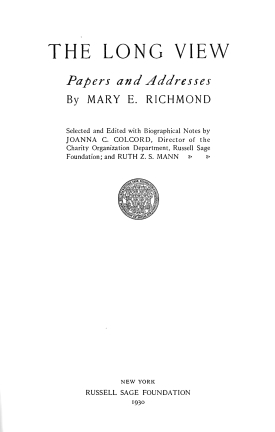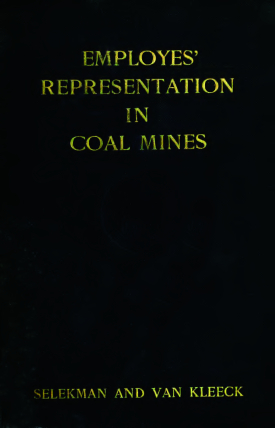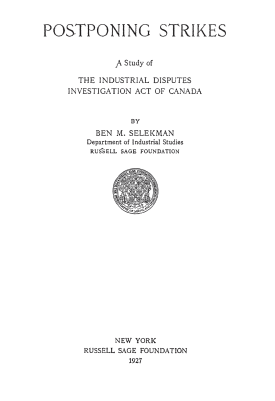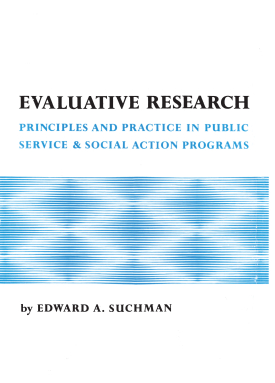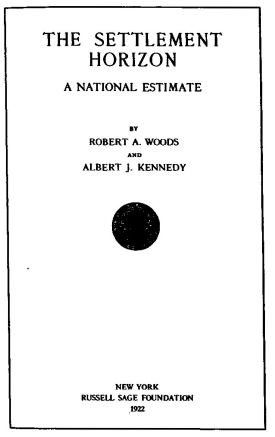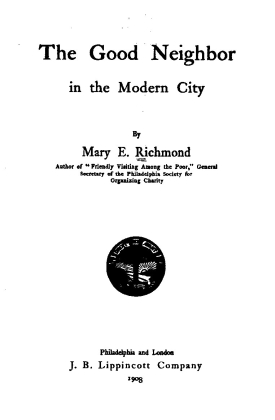Proving that any program designed to change our social behavior is doing what it set out to do is one of the most difficult problems faced by social science. Yet those responsible for such a program must attempt an evaluation of its results if they are to achieve the support they need. Edward A. Suchman, one of the world's foremost experts in measuring social behavior, presents the most comprehensive study of evaluation available to date.
In Evaluative Research he describes the techniques used to determine empirically the extent to which social goals are actually being achieved, to locate the barriers to the achievement of these goals, and to discover the unanticipated consequences of social actions.
The book is divided into three main sections, representing the conceptual, the methodological, and the administrative aspects of evaluation. It begins with a brief historical account and a general critique of the current status of evaluation studies. The introduction is followed by a conceptual analysis of the evaluative process, including a discussion of different levels of objectives. The methodological section includes an analysis of various research designs applicable to evaluative research. The place of evaluation in the administrative process is related to program planning, demonstration, and operation. Administrative resistance and barriers to evaluation are examined along with the problems in the utilization of the findings.
The book concludes with a brief exposition on the relationship of evaluative research to social experimentation stressing the potential contribution which public service and social action programs can make to our knowledge of administrative science and social change.
This book will have many uses. It will aid the evaluative research person in striking a balance between rigorous method and the situation in which he must function. For the operating practitioner, the book will explain what competent evaluation involves. Administrators will find the volume and invaluable aid.

